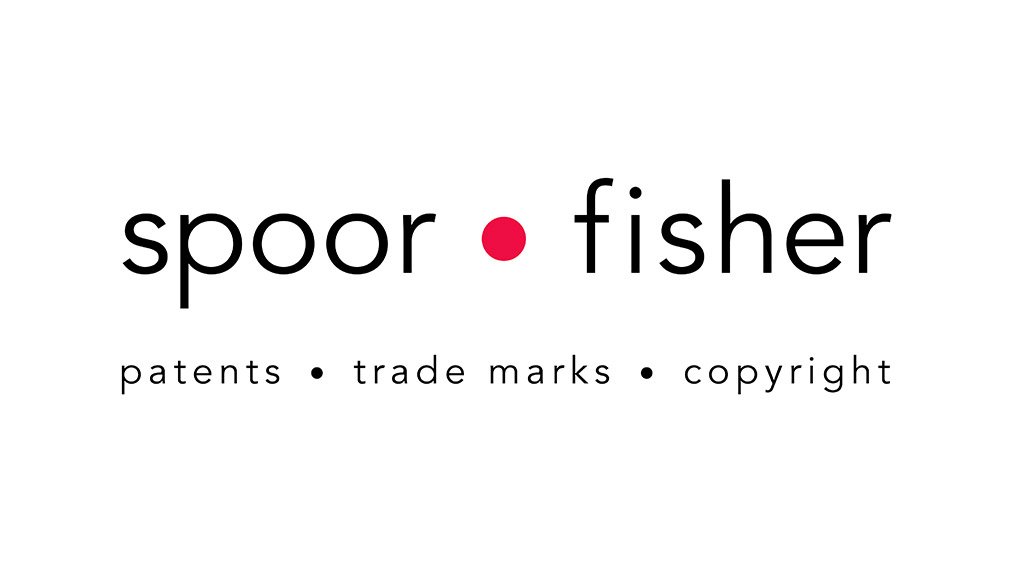It is turning out to be an interesting year for Rangers FC. Not only are they competing in the Scottish Championship, bidding to return to the Premiership and restore some of their former glory, but the financially strapped football club is also undergoing a tumultuous change of leadership with South African-based businessman Dave King looking set to succeed recently ousted chairman David Somers later this week.
If King does indeed take the reins, one of his biggest tasks will be sorting out the club’s financials as it claws its way back after being plunged into administration in 2012.
It was recently reported that, in an effort to plug some of the holes, the club entered into agreements with various lenders who are to provide the club with a long-term on-going credit facility of up to £10 million. The club’s registered trade marks, together with various tangible assets, reportedly form security for this facility. This transaction once again highlights the commercial value of registered trade marks, and the underlying brand value, as a source of capital to procure financing.
In the South African context, section 41 of the Trade Marks Act makes provision for the hypothecation of registered trade marks by a deed of security.
A hypothecation is essentially an agreement in terms of which a debtor provides security to a creditor in the form of registered trade marks. Physical delivery of registered trade marks cannot take place, considering that they are intangible assets, and “delivery” is instead effected by way of a pledge of the debtor’s trade mark rights to the creditor which is made in a deed of security, a written instrument signed by the debtor, as proprietor of the trade marks, and the creditor.
Once a deed of security has been concluded, in order for the pledge to become effective, the deed must be lodged with the Registrar of Marks who is then obliged to endorse the trade mark register to that effect. This endorsement involves the recording of the name and address of the creditor in whose favour the trade marks have been hypothecated and the nature and duration of the hypothecation.
Once this endorsement has been recorded, no assignment or transfer of the registered trade marks may be recorded without written consent from the creditor in whose favour the trade marks have been hypothecated. In addition, if the debtor fails to perform in terms of its obligations to the creditor, the hypothecated trade marks may be attached by the creditor and sold in execution to satisfy a judgement debt in the High Court.
It is important to point out that unregistered, common law trade marks and pending applications for registration cannot be hypothecated in terms of the Trade Marks Act. It is therefore advisable that companies pursue registration of their trade marks should they wish to use trade marks as a means to secure funding in future. Similarly, it is advisable that creditors conduct proper intellectual property audits to ensure that trade marks which are to serve as security are validly registered.
While this article focuses on the hypothecation of trade marks, the Patents Act and the Designs Act also make provision for the hypothecation of patents and designs respectively.
An intellectual property law professional should always be consulted whenever a hypothecation is considered. Audits and valuations should be conducted from time to time to ensure effective management of your intellectual property portfolio.
Written by John Foster, Spoor & Fisher
Foster is a senior associate at intellectual property law firm Spoor & Fisher, Cape Town. This article is merely to report, not to advise.
EMAIL THIS ARTICLE SAVE THIS ARTICLE
To subscribe email subscriptions@creamermedia.co.za or click here
To advertise email advertising@creamermedia.co.za or click here











